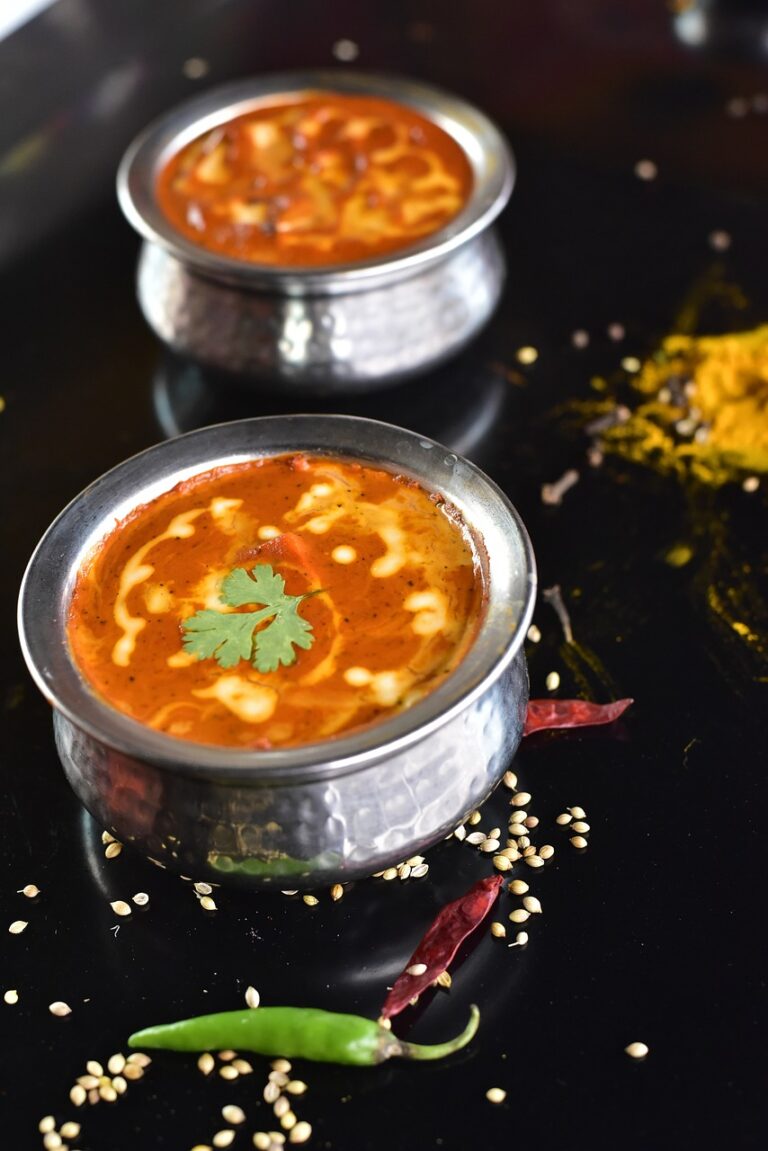Exploring the Use of Virtual Events in Political Campaigns: Diamond exch 999, Play 99 exch login, Reddybookclub
diamond exch 999, play 99 exch login, reddybookclub: In today’s digital age, political campaigns are constantly evolving to keep up with the rapidly changing landscape of communication and outreach. One of the most significant innovations in recent years has been the use of virtual events to engage with voters and build support for candidates.
Virtual events offer a unique opportunity for political campaigns to reach a wider audience and connect with voters in a more interactive and engaging way. From virtual town halls to online rallies, these events allow candidates to share their message and engage with supporters without the limitations of physical location.
One of the key advantages of virtual events in political campaigns is their ability to reach a larger audience. With social media platforms and online streaming services, campaigns can broadcast their events to a wide range of people, including those who may not have been able to attend in person. This allows candidates to connect with voters across the country and even around the globe, expanding their reach and influence.
Furthermore, virtual events can be more cost-effective for campaigns, as they eliminate the need for expensive venue rentals and travel expenses. This can be especially beneficial for smaller or grassroots campaigns with limited resources, allowing them to engage with voters without breaking the bank.
Another advantage of virtual events is their flexibility and convenience. Supporters can tune in from the comfort of their own homes, making it easier for them to participate and engage with the campaign. Additionally, virtual events can be recorded and shared online, allowing supporters to watch at their convenience and share with others, further extending the reach of the campaign.
Of course, there are challenges and limitations to consider when using virtual events in political campaigns. Technical issues, such as poor internet connection or audio/video problems, can hinder the success of a virtual event. Additionally, it can be more difficult to create a personal connection with voters in a virtual setting, as opposed to face-to-face interactions.
Despite these challenges, virtual events are becoming an increasingly popular and effective tool for political campaigns. By using technology to connect with voters in new and innovative ways, candidates can reach a wider audience, engage supporters, and build momentum for their campaigns.
In conclusion, virtual events are a valuable tool for political campaigns to engage with voters, reach a wider audience, and build support for candidates. By embracing technology and finding creative ways to connect with voters online, campaigns can harness the power of virtual events to drive their message and build a strong base of supporters.
FAQs:
1. What types of virtual events can be used in political campaigns?
Virtual events in political campaigns can include virtual town halls, online rallies, webinars, virtual fundraisers, and more.
2. How can virtual events benefit smaller or grassroots campaigns?
Virtual events can be more cost-effective for smaller campaigns, allowing them to engage with voters without the need for expensive venue rentals or travel expenses.
3. What are some best practices for hosting successful virtual events in political campaigns?
Some best practices for hosting virtual events include promoting the event on social media, testing equipment and internet connection beforehand, engaging with viewers through live chat or Q&A sessions, and recording the event for later viewing.







